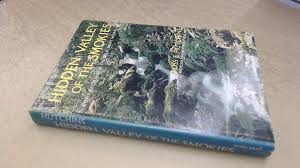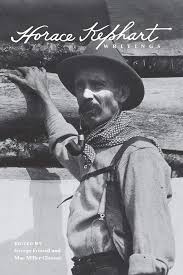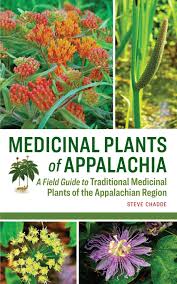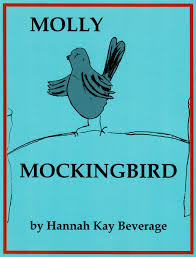Nature and the Environment
The Southern Appalachian Region has the most diverse vegetation in North America, and the earliest visitors with a written language, starting with the DeSota expedition in the 1600s, celebrated the outstanding natural attributes of our region. The first book to give detailed descriptions of our region’s flora and fauna was John Lawson’s New Voyage to Carolina published in 1709. The first American-born naturalist to publish about the region was John Bartram in Notes on the State of Virginia (1787). John Muir was the last literary naturalist to explore the region before it was dominated by motorized transportation. His expedition that started in 1867 was published later as A Thousand Mile Walk to the Gulf. Distinguished New England naturalist, Bradford Torrey published accounts of his travels to the Appalachians in Spring Notes from Tennessee in 1896 and A World of Green Hills [Virginia] in 1898. The first resident of the region to write about our natural history was Emma Bell Miles of Walden’s Ridge in Tennessee whose Our Southern Birds was published in 1919, the year she died. A chapter of Wilma Dykeman’s The French Broad, in the Rivers of America series, entitled “Who Killed the River” (1955) was one of the first books to call attention to pollution in America. The overview of Appalachian natural history that was considered the definitive work for decades was Maurice Brooks’ The Appalachians (1965). All this and more is covered by Gary Cummisk who published the pamphlet Appalachian Nature Writing in 1988. In 1974 Annie Dillard's Pilgrim at Tinker Creek garnered the Pulitzer Prize in non-fiction writing for her year-long observations of that watershed in Virginia's Blue Ridge Mountains. In 2003, Donald Davis published Where There Are Mountains, An Environmental History of the Southern Mountains thus providing the essential work in that field. Recent books by George Ellison, Kathryn Newfont, George Constnatz, Erik Reece, and Jessica Cory contribute to a thriving contemporary community of regional literary naturalists.
-- George Brosi


















